2019 was a year full of diplomatic breakthroughs, dramatic elections, and daunting new challenges on the global stage. Here is a look back at the biggest moments of 2019 and what our Atlantic Council experts had to say about them:
January 23: Guaidó becomes interim president in Venezuela
On January 23, Juan Guaidó took the oath of office as the interim president of Venezuela, challenging Nicolás Maduro’s claim to power after election results Guaidó called illegitimate. US President Donald J. Trump immediately recognized Guaidó as the legitimate leader of Venezuela and announced sanctions on the country’s state-owned oil company, PDVSA. According to Paula Garcia Tufró, the deputy director of the Atlantic Council’s Adrienne Arsht Latin America Center, that day “mark[ed] a critical milestone, as Venezuelans across the political spectrum [stood] firm in their demand for a return to the constitutional order and in their support for the legitimate mandate of National Assembly President Juan Guaidó as the interim president of Venezuela.”
January 11 and 25: North Macedonia-Greece name deal passes
The Prespa Agreement was ratified by the parliament of North Macedonia on January 11 and the Greek parliament on January 25, ending a twenty-seven-year dispute over North Macedonia’s name. The agreement ended Greece’s objection to the newly renamed country of North Macedonia’s accession to NATO and the EU. “Among all the bad news in Europe today, this agreement sends a robust message to the outside world that a Balkans tide is turning in a really positive direction,” said former NATO Secretary General Lord George Robertson.
February 1: INF Treaty
US Secretary of State Mike Pompeo announced his country’s decision to suspend participation in the decades-old Intermediate-Range Nuclear Forces (INF) Treaty with Russia on February 1, citing Russian non-compliance as the reason for US withdrawal. Alexander Vershbow, a distinguished fellow at the Atlantic Council’s Scowcroft Center for Strategy and Security, noted that “the loss of the treaty creates a real possibility of an unpredictable and unconstrained US-Russian arms race in Europe and, potentially, in Northeast Asia as well.”
February 14/February 26-27: India-Pakistan tensions
Relations between Pakistan and India spiraled downward after a terrorist attack on February 14 in Kashmir killed forty Indian policemen. The countries traded airstrikes on February 26 and 27, and an Indian fighter pilot was shot down and captured before eventually being repatriated. Given the seriousness of military engagement between two nuclear powers, Frederick Kempe, the president and CEO of the Atlantic Council, called on the international partners of Pakistan and India to insist that “they engage urgently in talks to better manage their relationship; and to find ways to assist Pakistan in deradicalizing and deweaponizing the jihadi groups that still exist inside its borders.”
February 27-28: US-DPRK summit in Hanoi
The United States’ summit with North Korea ended in failure after leader Kim Jong-Un demanded the end of all sanctions against his country in exchange for dismantling its most important nuclear facility. Kim’s offer was far too modest and would have done little to reduce North Korea’s nuclear capabilities. Nevertheless, wrote Alexander Vershbow, a distinguished fellow at the Atlantic Council’s Scowcroft Center for Strategy and Security, “Trump deserves two cheers for reducing tensions with Pyongyang and getting closer to a worthwhile deal than anyone would have predicted.”
March 19: Nazarbayev/Kazakhstan transition
Nursultan Nazarbayev, who ruled Kazakhstan for nearly thirty years, abruptly announced his resignation as president March 19. While the eighty-year-old retained several important posts, his decision marked the start of a long-awaited and necessary political transition for Kazakhstan. Although Nazarbayev was widely criticized for holding unfair elections and overseeing a deterioration of human rights in his country, Ariel Cohen, a nonresident senior fellow with the Atlantic Council’s Eurasia Center, noted that Nazarbayev left office “with Kazakhstan being more progressive in many respects than its Russian former colonial metropolis.”
March 23: ISIS pushed back
In late March, US allies seized the last substantial bit of territory still under ISIS control. While the end of the group’s self-declared caliphate was welcome news, it was just the beginning of a long process needed to fully defeat the group. Frederic C. Hof, a nonresident distinguished senior fellow at the Atlantic Council argued that “ISIS…will not be dead until political legitimacy rooted in the consent of the governed confirms the[ir] death.”
April 4: 70th anniversary of NATO
On April 4, the foreign ministers of the Alliance’s twenty-nine members—as well as the foreign minister of North Macedonia—met in Washington. The group marked NATO’s 70thanniversary by discussing the growing threats the Alliance faces and ways to strengthen it in the decades to come. The question of burden sharing received particular attention: US Secretary of State Mike Pompeo urged NATO allies to contribute more, while Secretary General Jens Stoltenberg affirmed that all members were taking tangible steps to increase their defense spending. Deputy Secretary General Rose Gottemoeller noted that “President Trump has been an important catalyst to push [things forward], especially on the burden-sharing front.”
April 11: Coup d’état in Sudan
Following anti-government protests, Sudanese Defense Minister Awad Ibn Auf announced on April 11 that President Omar al-Bashir had been taken into custody. Auf led a transitional government, but protests have forced the military officers into a powersharing agreement with a civilian prime minister. Bronwyn Bruton, the director of programs and studies and deputy director of the Africa Center at the Atlantic Council, compared the involvement of the military to the situation in Zimbabwe at the end of 2017: “In Zimbabwe, longtime dictator Robert Mugabe was also ousted and replaced by his own henchmen; it hasn’t been a victory for democracy.”
April 21: Ukrainian presidential election
Self-made showman Volodymyr Zelenskyy won a landslide victory over incumbent Petro Poroshenko in Ukraine’s presidential election on April 21. Voters then handed his party a large parliamentary majority in a July snap vote. Despite his firm hold on power, however, Zelenskyy’s inexperience means he could be threatened by “professional politicians who have stayed in power for decades and know all shadow schemes and political tricks,” warned Ukrainian journalist Mykola Vorobiov. The Kremlin will also look to pressure Kyiv’s top new man, as he struggles to push back the Russian invasion of eastern Ukraine.
May 14: Gulf of Oman incident
Drones flown by Houthi rebels in Yemen attacked Saudi oil-pumping stations on May 14, creating a new flashpoint in a region already on edge over rising tensions between the United States and Iran. Though Iran’s role in the strike was unclear, Katherine Wolff, the associate director of the Atlantic Council’s Middle East Programs, believed that the “ongoing peace negotiations [were] likely to suffer” because of the Houthis’ actions “regardless of whether Iran [was] considered to be behind the attack.”
May 23: Modi wins re-election
Indian Prime Minister Narendra Modi led his party to a resounding electoral victory on May 23, defying most predictions by expanding his party’s majority in the Lok Sabha, the lower house of India’s parliament. But Modi still has plenty of challenges to tackle in his second term, including “a high unemployment rate, slow economic growth, changing geopolitical relationships, border security issues, and a deepening religious divide,” according to Nidhi Upadhyaya, a former associate director of the Atlantic Council’s South Asia Center and now associate director of the Adrienne Arsht-Rockefeller Foundation Resilience Center.
May 24: Theresa May resigns
Unable to unite her Conservative Party around her withdrawal agreement on the United Kingdom’s exit from the European Union, British Prime Minister Theresa May announced on May 24 that she would leave her post. “May is a politician who believes in duty rather than pragmatism,” said John Roberts, a nonresident senior fellow at the Atlantic Council’s Eurasia Center and Global Energy Center. But her failure to reach an acceptable compromise and weak political instincts, Roberts argued, led to an inevitable Brexit deadlock and her ultimate resignation.
May 23-26: EU elections
The European Parliament’s two major blocs, the center-right European People’s Party (EPP) and center-left Progressive Alliance of Socialists and Democrats (S&D), suffered double-digit losses to smaller parties in EU elections from May 23 to May 26. The big winners were the Alliance of Liberals and Democrats for Europe (ALDE), a liberal party that allied with French President Emmanuel Macron, as well as an array of far-right Euroskeptic parties that made gains throughout Europe. Benjamin Haddad, the director of the Atlantic Council’s Future Europe Initiative, observed that “the political landscape in Europe is scattered and will make coalition-building more complex in the next parliament. [But] for all the focus on the rise of populism, mainstream parties still represent the vast majority of elected officials.”
June 28-29: G20 meeting; Xi and Trump “pause trade war”
On June 29, President Trump agreed to lift some restrictions on Chinese telecommunications giant Huawei and delayed imposing new tariffs on Chinese goods. The concessions were announced following a meeting between Trump and Chinese President Xi Jinping on the sidelines of the G20 summit in Osaka, Japan, at which the two leaders agreed to restart trade negotiations between their countries. Noting that the “move with China is coupled with conciliatory steps [by the United States] towards India and Japan,” Mark Linscott, a senior fellow with the Atlantic Council’s South Asia Center and a former assistant US trade representative (USTR) for South and Central Asian Affairs, said: “I think the administration has entered into a new phase of negotiation on multiple fronts, while maintaining the threat of tariffs as continuing leverage.”
June 30: Trump crosses demilitarized zone in North Korea
Trump then became the first US president to set foot in North Korea, stepping across the border at the truce village of Panmunjom on the Demilitarized Zone. The two leaders agreed to resume efforts to reach what had so far been an elusive nuclear deal. “The United States, under the Trump administration, has disrupted the longstanding, but failing, US policies of past administrations by seeking to build trust from the top down,” said Barry Pavel, senior vice president, Arnold Kanter Chair, and director of the Atlantic Council’s Scowcroft Center for Strategy and Security.
July 7: Greek elections
Snap parliamentary elections in Greece produced a victory for the political center, bucking the trend of populist victories across Europe. The center-right New Democracy party won nearly 40 percent of the vote in the July 7 contest, giving it an outright majority in the Greek parliament and making its leader, Kyriakos Mitsotakis, the new prime minister. Mitsotakis will take over from former prime minister Alexis Tsipras, whose left-wing Syriza party captured only 31 percent of the vote, down from 35 percent in 2015. The triumph of New Democracy and the poor showings among extremist parties demonstrated that “Greece is now reinforcing the strength of the center in European politics, rather than fueling a move toward the fringes,” said Atlantic Council Executive Vice President Damon Wilson.
July 19: Iran captures British oil tanker
Iran’s Islamic Revolutionary Guard Corps (IRGC) announced it had seized a British tanker in the Strait of Hormuz on July 19; a second British-owned tanker was boarded before being released. It was the latest in a series of incidents between Iran and US allies after Iranian officials announced in May that they would reduce their compliance with the terms of the 2015 nuclear agreement—known as the Joint Comprehensive Plan of Action (JCPOA)—following the United States’ withdrawal from the pact in 2018. William Wechsler, the director of the Atlantic Council’s Middle East Programs, argued that these incidents are part of Iran’s “new strategy to respond to the US withdrawal from the JCPOA and the imposition of unilateral sanctions. By raising tensions, they seek to inflict economic pain on Saudi Arabia and the United Arab Emirates, further divide the United States and Europe, secure partial relief from sanctions, and more generally to force negotiations on their terms.”
July 24: Boris Johnson becomes PM
Boris Johnson, who previously served as the mayor of London and the foreign secretary of the United Kingdom, replaced Theresa May as British prime minister on July 24. Johnson, an outspoken supporter of Brexit, campaigned for the post on his ability to deliver a withdrawal by the October 31 deadline agreed to by the UK and the EU in April. Despite his insistence that renegotiation was possible, however, Benjamin Haddad predicted that “it is unlikely that the EU will budge, [except] at the margins.”
August: Trump announces new China tariffs; sets off currency manipulator status and retaliation
President Trump escalated his trade dispute with China on August 1, announcing that the United States would place tariffs of 10 percent on $300 billion dollars’ worth of previously untouched Chinese goods. Four days later, the US Treasury Department labeled China a “currency manipulator.” China’s commerce ministry retaliated on August 23 by announcing the imposition of additional tariffs on $75 billion of US goods. “The latest escalation represents a further hardening of the stances of both sides,” said Hung Tran, a nonresident senior fellow in the Atlantic Council’s Global Business and Economics Program, “making the resolution of the trade war even more difficult to achieve.”
August 9-13: Hong Kong airport clash
Demonstrations in Hong Kong escalated on August 13, when riot police and protesters clashed at Hong Kong International Airport. Demonstrators began occupying the airport on August 9, hoping to draw more attention to the protest campaign that began in June. According to Atlantic Council resident senior fellow Robert A. Manning, the protestors were driven by “Beijing’s failures to implement the Basic Law and follow-on pledges to permit direct elections and more a more democratic political system by 2017.”
September 10: Bolton out
US National Security Advisor John Bolton left his post on September 10, as President Trump informed the nation via tweet. Trump wrote that he “informed John Bolton [on September 9] that his services are no longer needed at the White House,” adding that he “disagreed strongly with many of his suggestions, as did others in the administration, and therefore I asked John for his resignation.” Alexander Vershbow, a distinguished fellow at the Atlantic Council, noted that “Bolton’s exit may lead to a more realistic, step-by-step approach to North Korean denuclearization, where Bolton’s ‘all or nothing’ approach to easing sanctions has produced a deadlock despite three Trump-Kim summits.”
September 14: Abqaiq-Khurais attack
On September 14, a drone strike damaged two major oil facilities run by Saudi Aramco, Saudi Arabia’s state-owned company. The United States and its allies blamed Iran for the attack, despite a claim of responsibility by Houthi rebels in Yemen. Kirsten Fontenrose, the director of the Atlantic Council’s Scowcroft Middle East Security Initiative, argued there was “no need for an escalatory response to this attack, as Aramco ha[d] built smart redundancy into its operations. The market [would] flinch [for a day] and oil prices [would] blip up, but Aramco [would] pull a standard operating procedure off the shelf and have things back online in hours, while they deal[t] with the cleanup separately.”
September 17: Israel’s second election
On September 17, Israel held its second election in less than six months producing disappointing but inconclusive results Prime Minister Benjamin Netanyahu. While Netanyahu’s Likud party finished joint first, his struggles to form a ruling coalition did “not bode well for stability in a deeply divided Israel,” said Shalom Lipner, a nonresident senior fellow for Middle East programs at the Atlantic Council. “Almost any coalition that emerges would be inherently fragile with disparate interests pulling in different directions.” Israeli leaders ultimately failed to reach a coalition deal and Israel is set for another election in spring 2020.
October: Iraq protests
In early October, Iraqis launched a protest campaign over corruption, ineffective governance, and the country’s poorly handled May 2018 elections. The protesters demanded a re-write of Iraq’s election law and reform of the country’s Electoral Commission to make it independent. Samir Sumaidaie, formerly Iraq’s interior minister and ambassador to the United States, believed that “the Iraqi government, as it is constituted now and despite all past and present promises and claims to the contrary, does not have the political will or the capacity to deliver good governance. That is why the first demand of the protesters is for the government to step aside and be replaced—hopefully peacefully by constitutional steps—by an emergency administration that is mandated to reform the system and start building a state that will function without corruption and foreign influence and deliver for its people.”
October 9: Turkish offensive into northeastern Syria
Turkey’s military incursion into northern Syria on October 9 was criticized by many in Washington and threatened to derail an already tense relationship between Turkey and the United States. “We should remember that US security interests in the region cannot be met without Turkey and vice-versa,” Defne Arslan, Atlantic council resident representative and director of the Atlantic Council IN TURKEY program said. “In the end no side will benefit from this, [except for] Russia.”
October 26: Death of Abu Bakr al-Baghdadi
A contingent of special operators from the US Army’s Delta Force conducted a raid into Syria’s rebel-held Idlib province on Oct. 26, hoping to capture ISIS leader Abu Bakr al-Baghdadi. The soldiers instead killed Baghdadi, taking “a critical step [in] eliminating” the terrorist organization’s “narrative pull,” according to William F. Wechsler, the director of the Rafik Hariri Center and Middle East programs at the Atlantic Council. “However, the challenge we still face is not the Islamic State as an organization but Salafi jihadism as a movement.”
November 4: Trump withdraws from Paris climate agreement
On the third anniversary of the landmark Paris Agreement on climate change, the United States formally began its withdrawal from the pact, dealing a heavy blow to its potential impact. The agreement, which went into effect on November 4, 2016, set a long-term goal of limiting the increase in average global temperatures to below 2 degrees Celsius compared to normal “pre-industrial levels.” It also mandated that countries actively work to mitigate global warming and limit greenhouse-gas emissions. The agreement was signed by 187 parties, including the United States, as part of the United Nations Framework Convention on Climate Change. Olga Khakova, the associate director of European energy security at the Atlantic Council’s Global Energy Center, said the “United States’ withdrawal from the Paris Agreement creates a massive leadership void in addressing one of the urgent global security issues.”
November 10: Evo Morales resigns
Bolivian President Evo Morales resigned his post on November 10 following weeks of demonstrations over vote-counting irregularities during the country’s presidential election on October 20. Morales had just enough votes to avoid a run-off election with former president Carlos Mesa. On November 13, opposition politician Jeanine Áñez was sworn in as Bolivia’s interim president during a session of Congress, despite deputies from Evo Morales’ Movement Towards Socialism (MAS) party boycotting the proceedings. Jason Marczak, the director of the Atlantic Council’s Adrienne Arsht Latin America Center, warned that “this is a moment where external forces are seeing this as an opportunity to further put their stake in the ground and divide the region. Moscow has already blamed the opposition in Bolivia for violence and is likely seeking to further fan the flames.”
December 3: NATO Leaders’ Meeting in London
Despite worries that simmering disagreements between transatlantic leaders would derail work at the December 4 Leaders’ Meeting in London, the Alliance successfully celebrated its seventieth birthday and delivered “a pretty substantial declaration and agenda for the future,” according to former NATO deputy secretary general and Atlantic Council distinguished fellow Alexander Vershbow. Christopher Skaluba, director of the Transatlantic Security Initiative in the Scowcroft Center for Strategy and Security, noted that alliance leaders are “walking away from London with a very concrete action plan,” on a range of issues including space, cybersecurity, and the rise of China.
December 12: Johnson triumphs
British Prime Minister Boris Johnson flipped forty-seven seats in a snap general election to give them a substantial majority in the next UK parliament. Johnson’s victory makes it all but certain that the United Kingdom will leave the European Union by January 31, 2020. Frances Burwell, distinguished fellow in the Atlantic Council’s Future Europe Initiative, cautioned however that “this is nowhere near the end of the Brexit saga…as the UK must now negotiate a trade deal with the EU, presumably by the end of 2020—an unreasonably short time for a trade negotiation.”

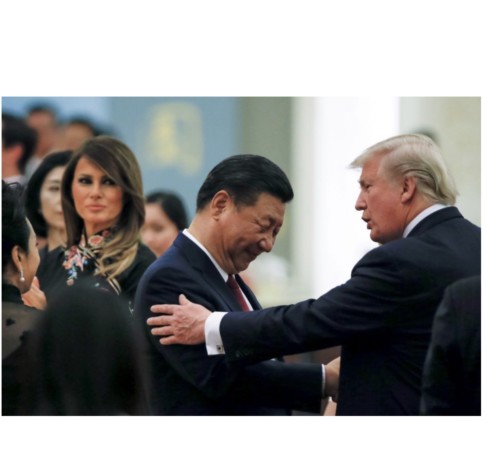
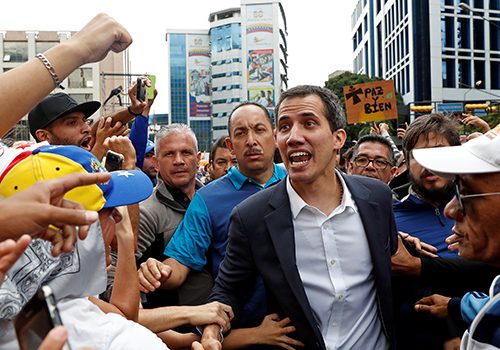
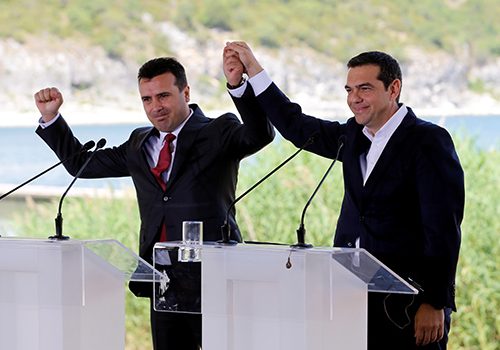
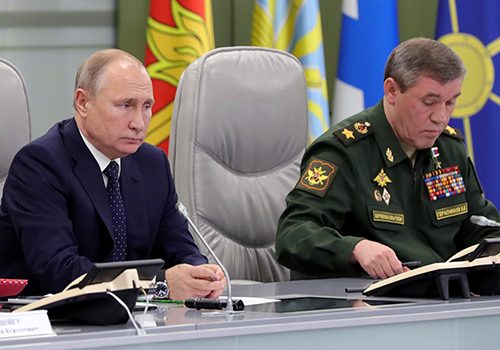
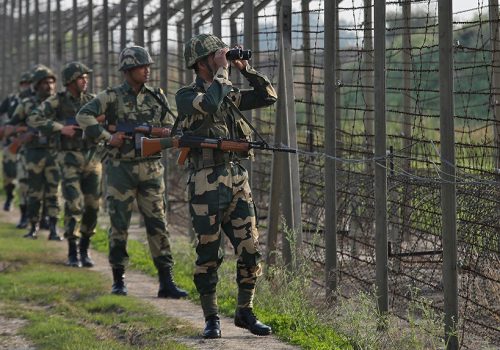
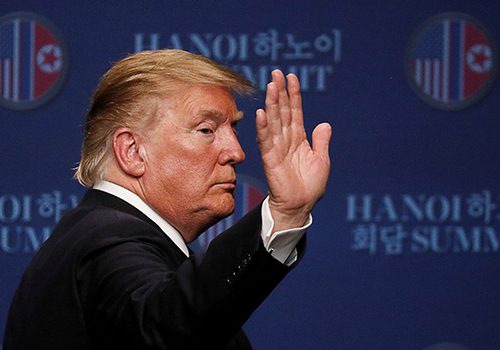
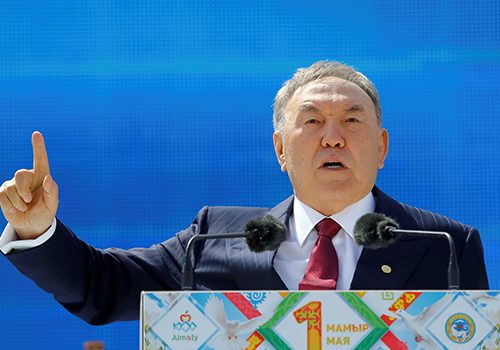
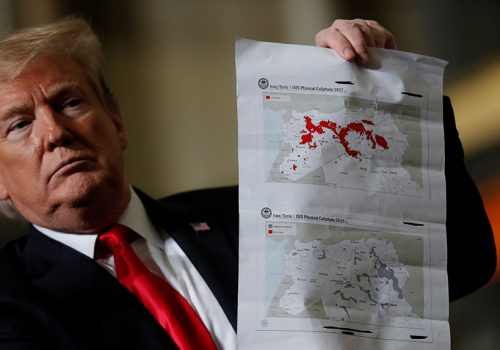
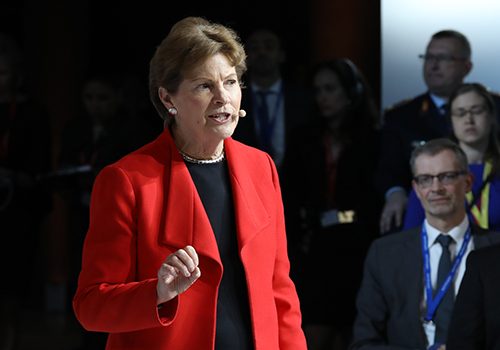
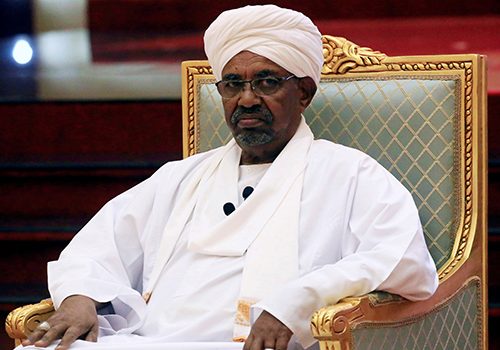

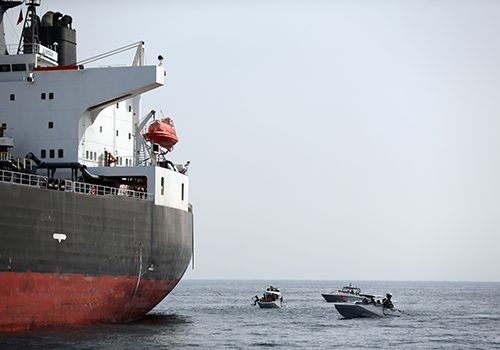
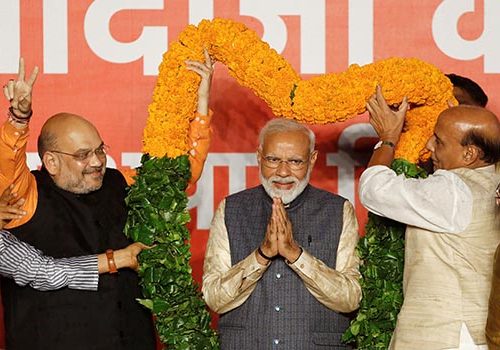
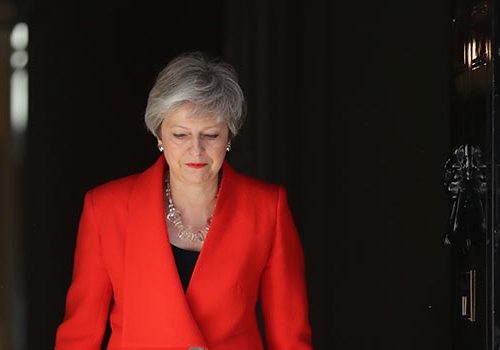
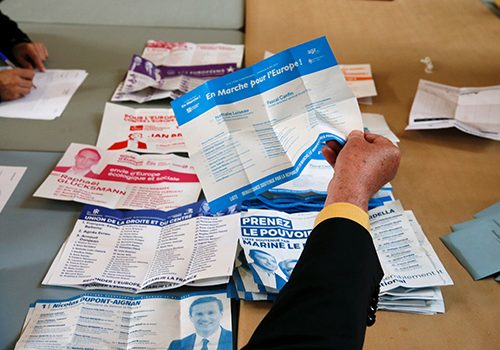
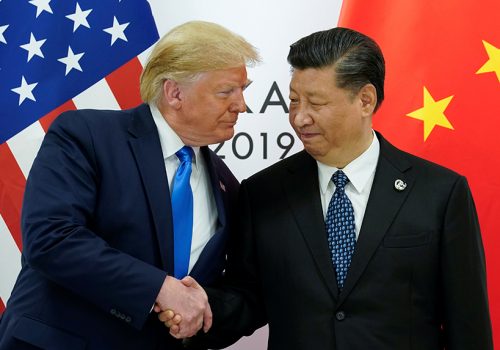
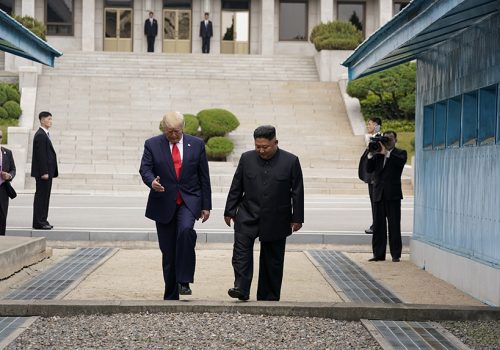
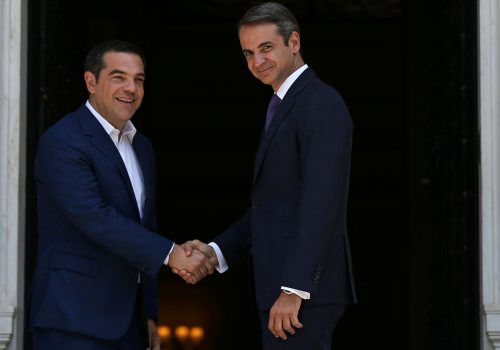

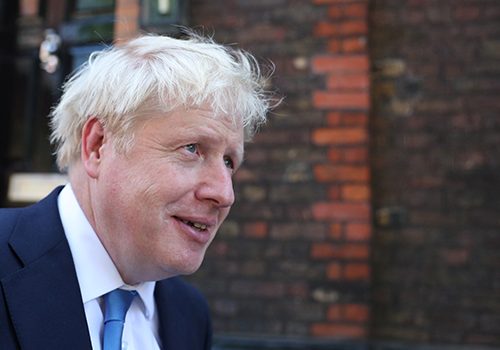
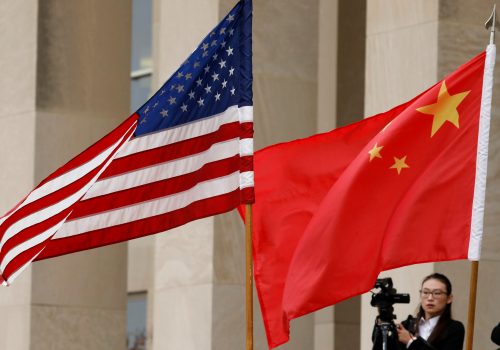
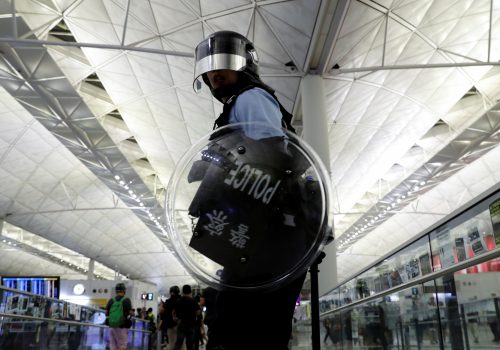
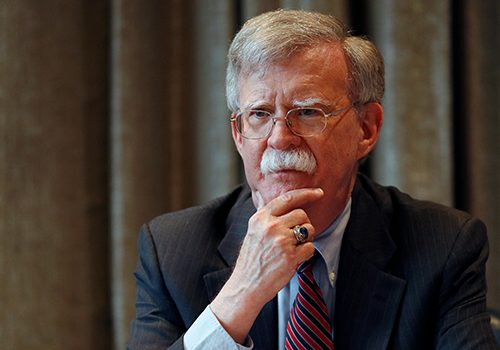
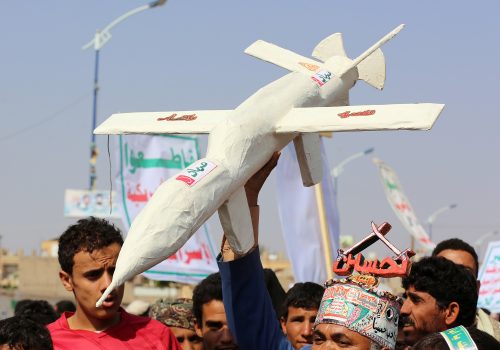
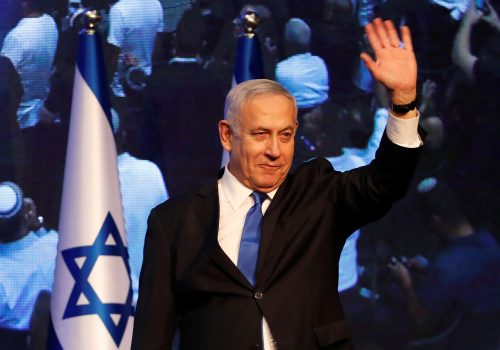

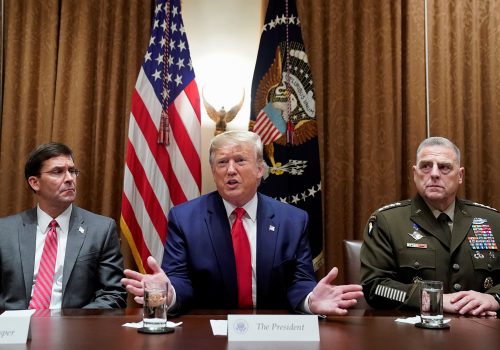
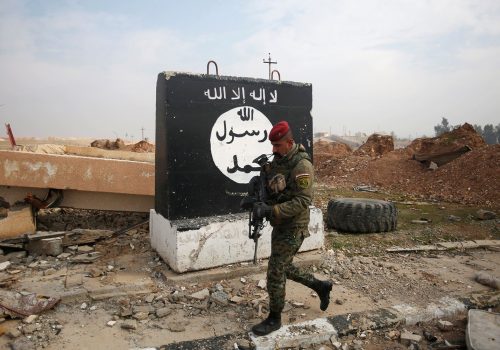
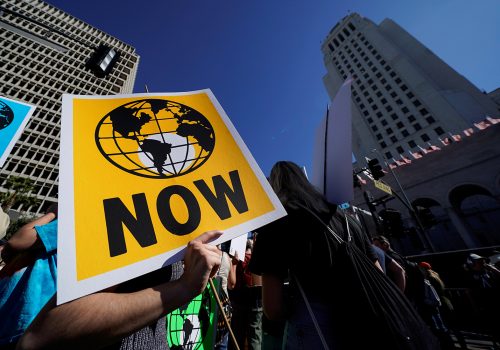
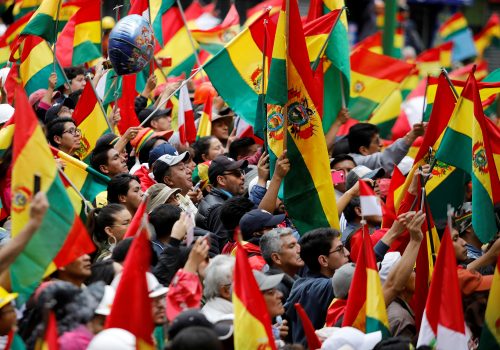
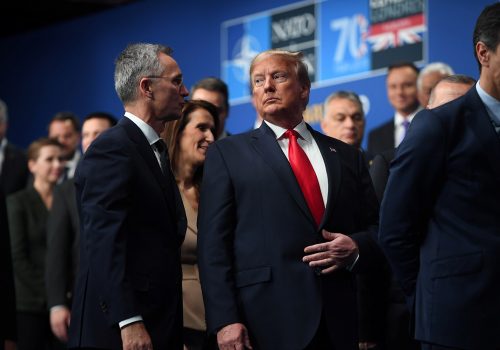
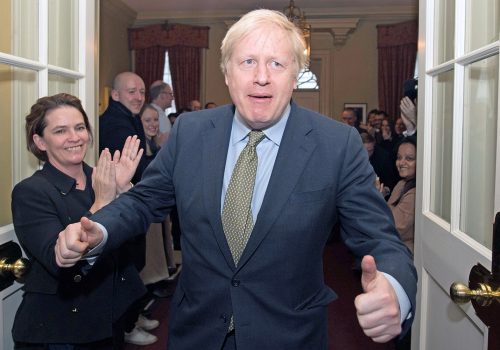
Leave a Reply